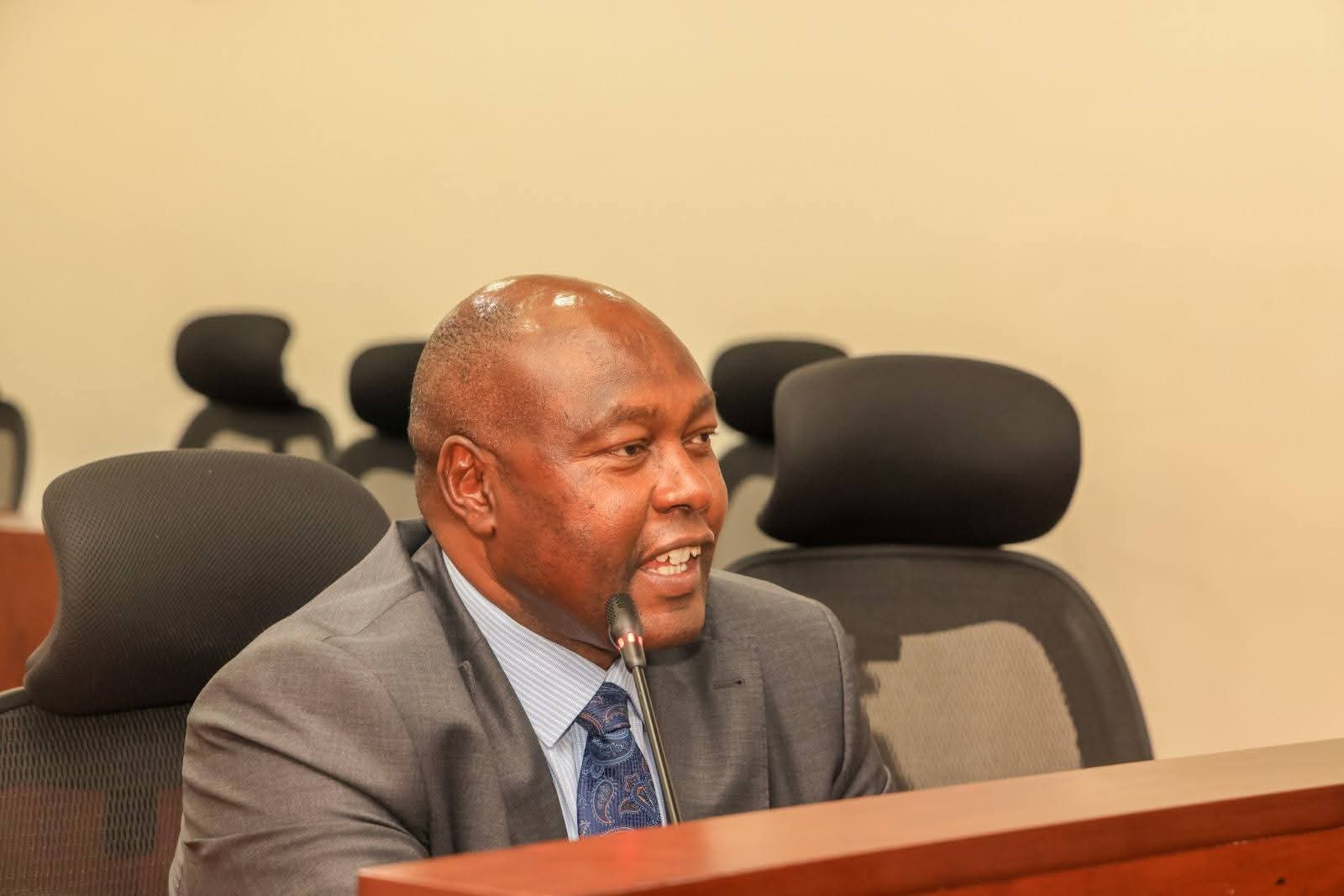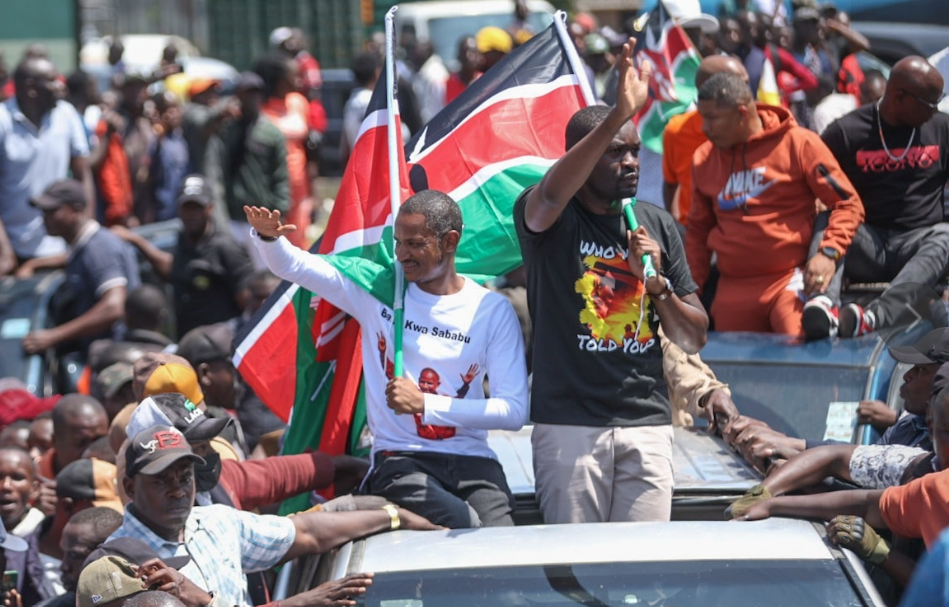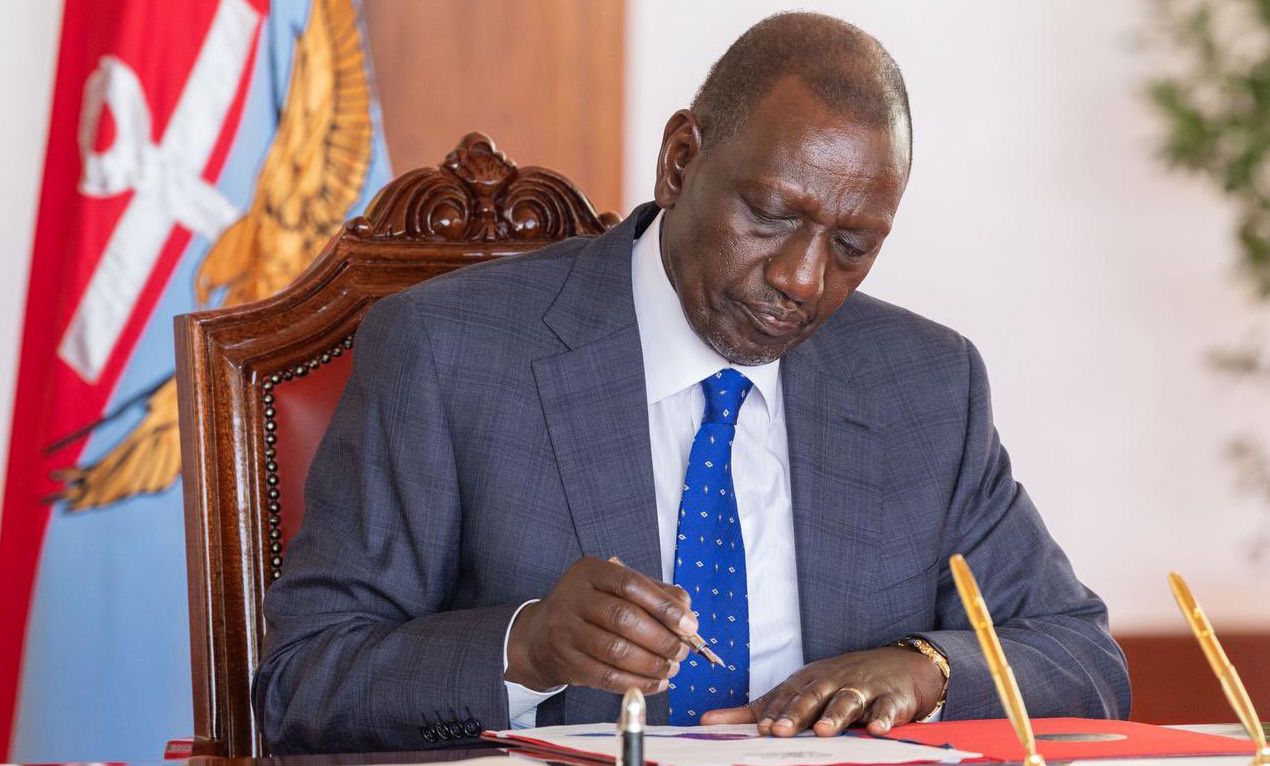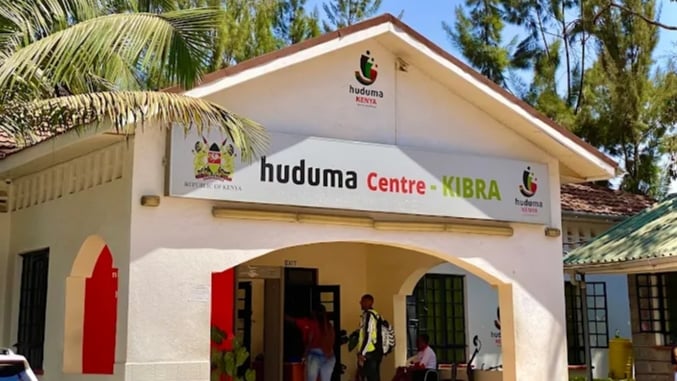Wiper Party leader Kalonzo Musyoka has called out the church over its silence following the lifting of the ban on genetically modified foods (GMOs) by the government.
In a statement on Tuesday, October 11, Kalonzo said he was surprised by the silence of the church, which he claimed was once vibrant against GMOs.
The former Vice President wondered if the church had been blinded to the moral and ethical question around GMOs that go against the order of nature.
"As crusaders of moral practice, we are also surprised by the silence of religious institutions, and specifically the Church which were once vibrant and vehemently against GMOs.
"Could it be that they have been pacified by this new administration and blinded to the moral and ethical question around GMOs that go against the order of nature?" Kalonzo posed.
Read More
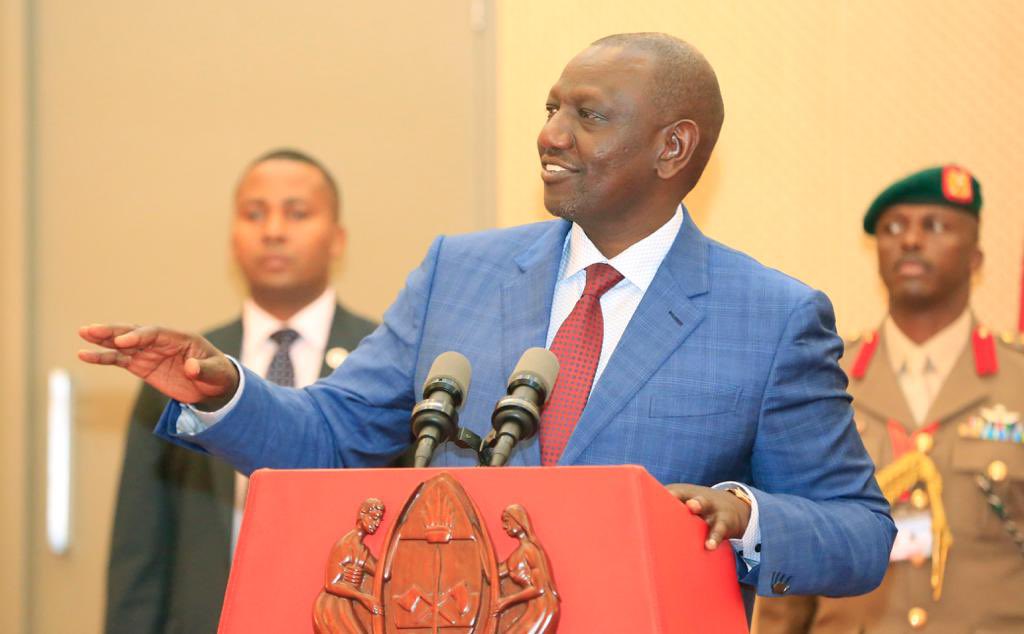
The Wiper boss urged religious leaders not to sell their souls maintaining that they were obligated to speak the truth at the alter.
"We urge our religious leaders and faith-based organizations not to sell their soul and they ought to speak truth to power at the altar of commercial interests and political expediency," he said.
Kalonzo further said that the Church and religious institutions needed to add their voice to that of the civil society in condemning the introduction of GMOs in Kenya.
He maintained that the long-term effects of GMOs outweighed the short-term benefits, if any, and added that it will be difficult to revert after opening the door to GMOs.
Kalonzo said that by lifting the GMO ban, the Kenyan food market will be susceptible to manipulation by profit-hungry multinationals.
He further maintained that Kenya's biodiversity and national pride in the identity of the organic Kenyan seed will forever be lost to mutated forms of crops.
The former Vice President also said Kenya lacks adequate capacity to test for GMO traits and the impact it has on health, noting that it will threaten people's livelihoods.
Kalonzo said the move will also jeopardize trade within the EAC and cause unnecessary trade restrictions as the non-GM neighbouring countries attempt to protect their citizens from Kenyan GMO crops.

